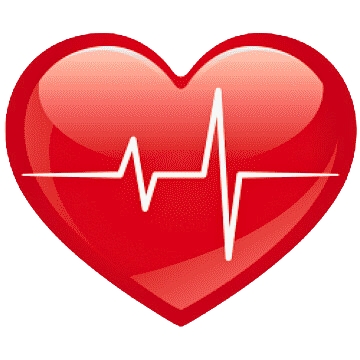Silent heart attack is very common in diabetic patients. It can occur without chest pain and sometimes it can present with vague complaints like breathlessness, only mild sweating or vomiting. These complaints should also be taken seriously in diabetic patients.
According to a 2018 study, people who have silent heart attacks have the same long-term survival rates as those with regular heart attacks. However, those with silent heart attacks may be more at risk for problems like heart failure and stroke. If the heart doesn’t get blood for over twenty minutes, it can be permanently damaged. The length of an attack can differ for each person. It’s important to seek medical help immediately if you have any troubling symptoms.
A silent heart attack can lead to another, more serious heart attack. It also increases the chance of heart failure. There’s no test to predict a silent heart attack, but a doctor can find and manage risk factors to lower the risk. Imaging tests like echocardiography or electrocardiograms can show if you’ve had a silent heart attack.
See a doctor if you think you’ve had a silent heart attack. They will check your symptoms, medical history, and physical exam to decide if you need more tests.
Causes of Silent Heart Attack
- Plaque with cholesterol builds up in your coronary arteries.
- A blood clot forms on the plaque, blocking oxygen-rich blood to the heart muscle.
- This can cause a silent heart attack.
Risk Factors for Silent Heart Attack
- Obesity or high BMI
- Sedentary lifestyle
- High blood pressure
- High blood cholesterol levels
- Unhealthy diet
- High blood sugar levels
- Stress
- Excessive tobacco use
- Family history of heart disease
- Preeclampsia during pregnancy
- Older age
- Postmenopausal stage
- COVID-19 infection
How to Prevent a Silent Heart Attack
- Eat a balanced diet
- Get regular check-ups
- Avoid tobacco and smoking
- Get screened for heart disease
- Control cholesterol levels
- Keep blood pressure normal
Consult an experienced cardiologist if you experience any of these symptoms.





